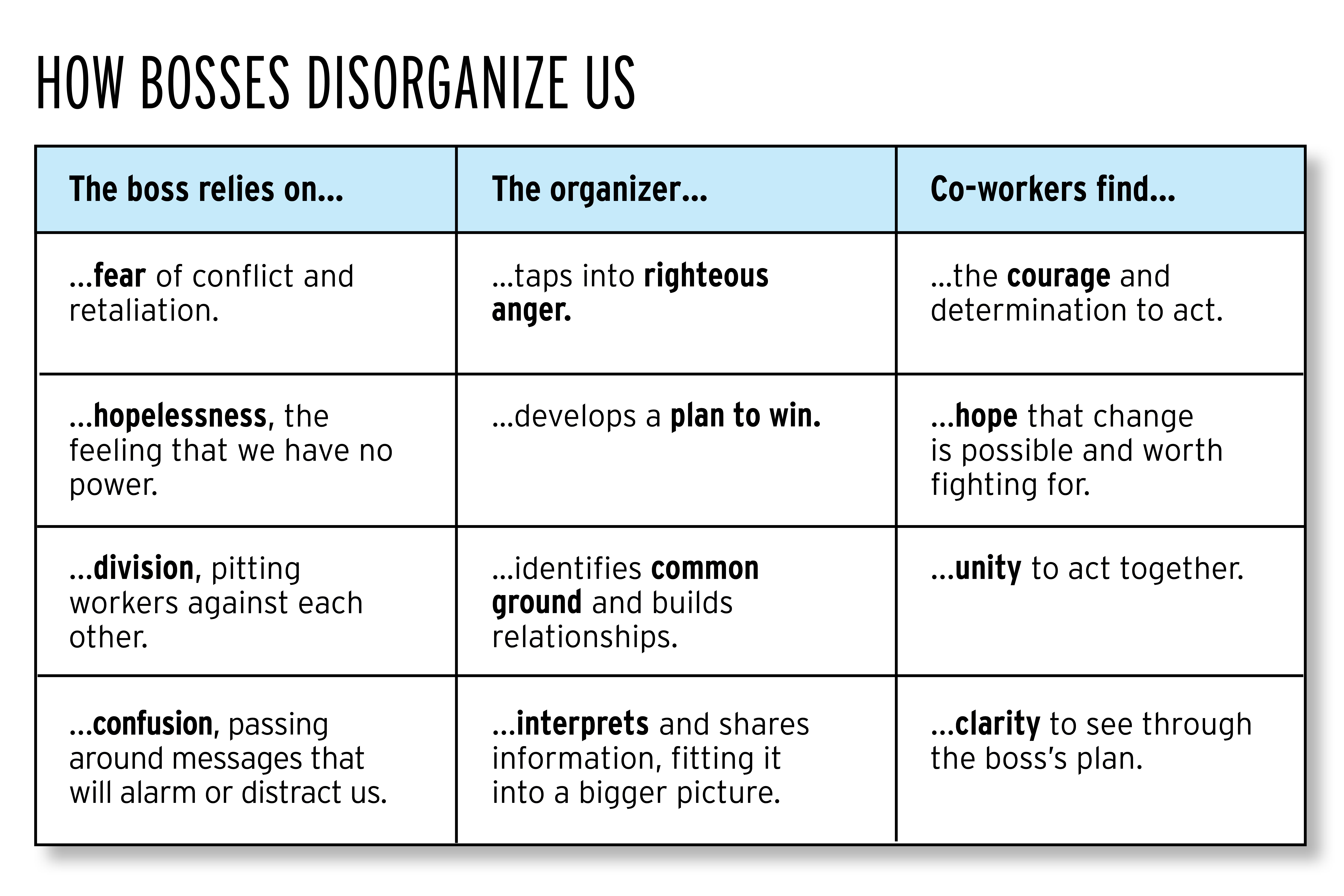It's insane how many people took that email seriously...
If they could fire a bunch of feds they would, but they can't so they want to scare them into resigning.
Even when there's good reason, it's hard as fuck to fire a fed. Don't let them get what they want without the fight, because they'll used the time saved to break more shit.
